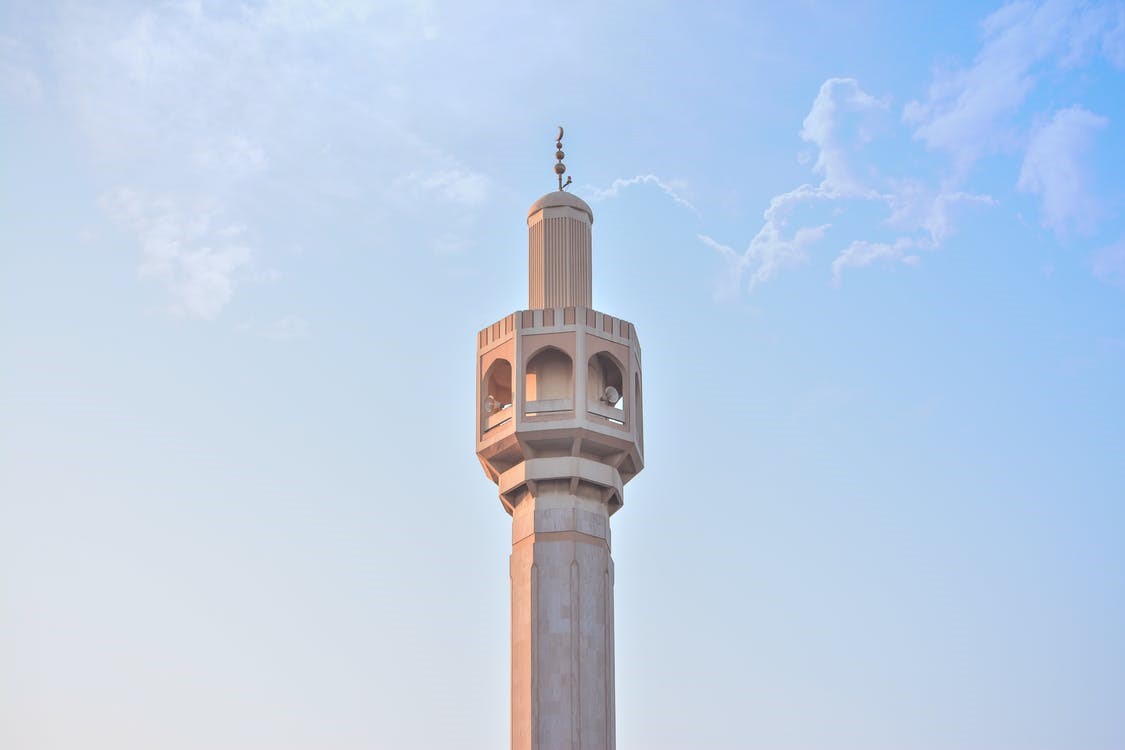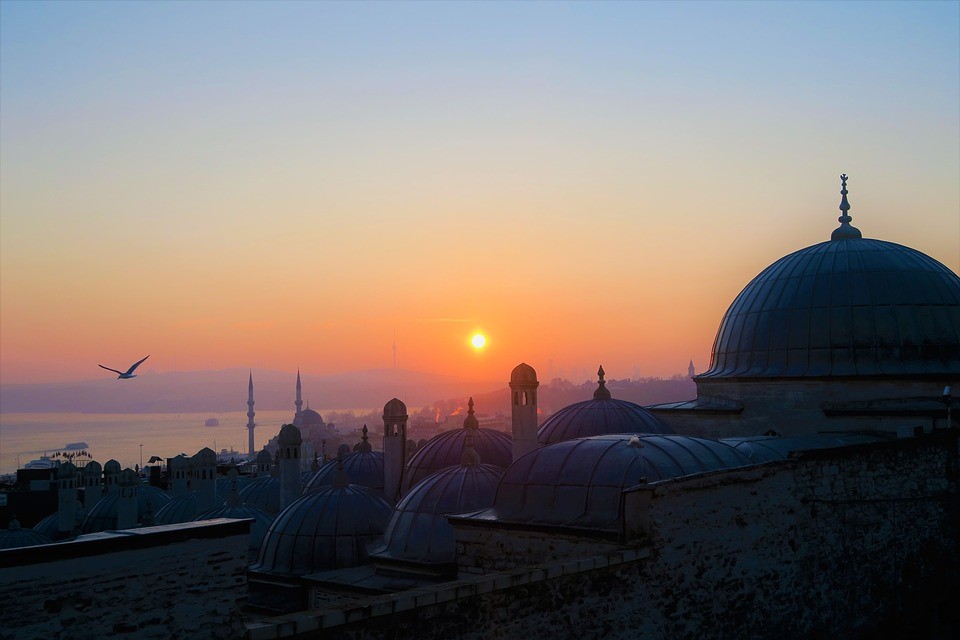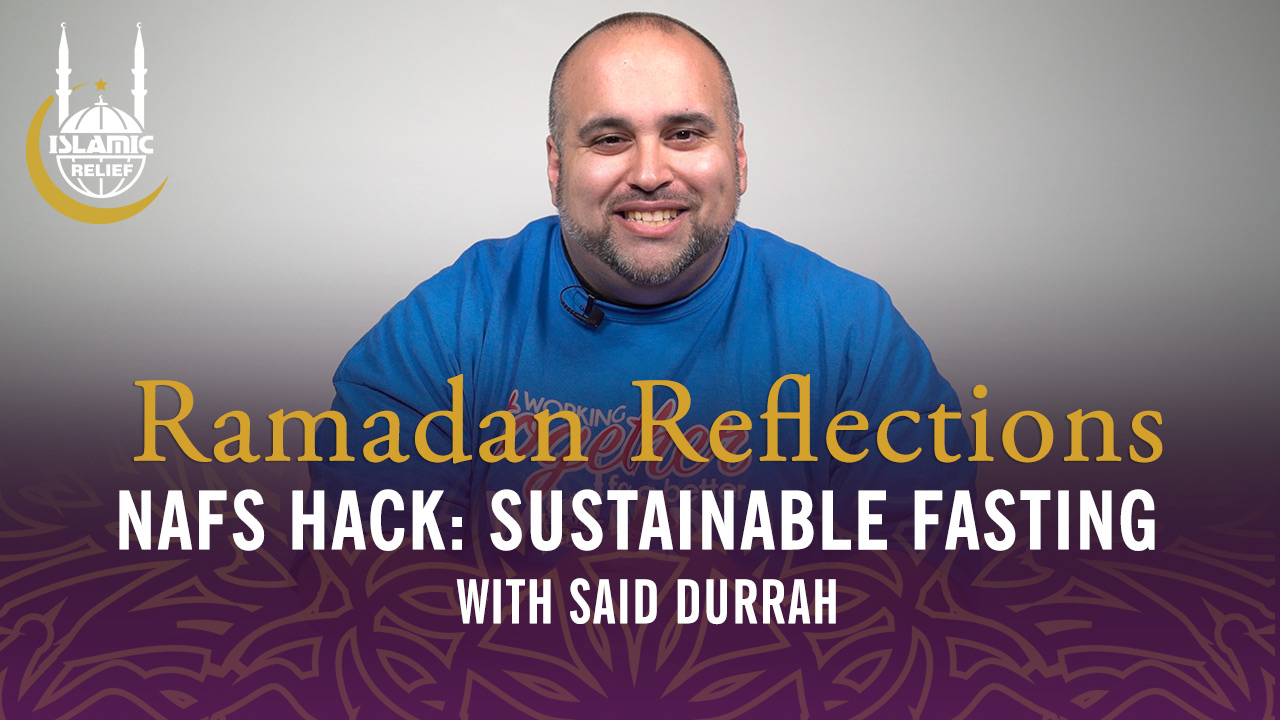
A Grand Iftar We’ll Never Forget
Communities gather virtually to contribute to IRUSA’s emergency aid

Islamic Relief USA held its first-ever “virtual” Grand Iftar on April 26. Because of the Covid-19 pandemic, the large in-person gathering was unable to take place at a hotel in the D.C.-area as it normally would.
While the format was different, the program nonetheless provided viewers/guests an evening of enlightenment, reflection, and several opportunities to support various organization programs around the world.
Projects in countries where Islamic Relief has a rather large footprint were highlighted, including Pakistan, Palestine, Syria, and Yemen.
Anwar Khan, president and cofounder of IRUSA, talked about the need to support immediate and long-term programs in Pakistan, particularly Balochistan and Rawalpindi, where there is rampant poverty and hunger, two core issues of IRUSA. He said the money provided by donors will help provide surgical masks and other forms of personal protective equipment. The funds will also support long-term programs focusing on sustainable living, educational programs for women and children, orphan support, and food security.
“We are urging the feeding of the needy. We are urging the support of the orphans,” Khan said.
He framed the donations as the main ingredient, similar to growing a healthy tree.
“If you don’t give the seed money, if you don’t make the investment, it can’t grow into a beautiful tree with beautiful fruit.”
The importance of the donations — zakat, sadaqa, among other kinds–was stressed throughout the evening, and how it serves as a moral obligation.
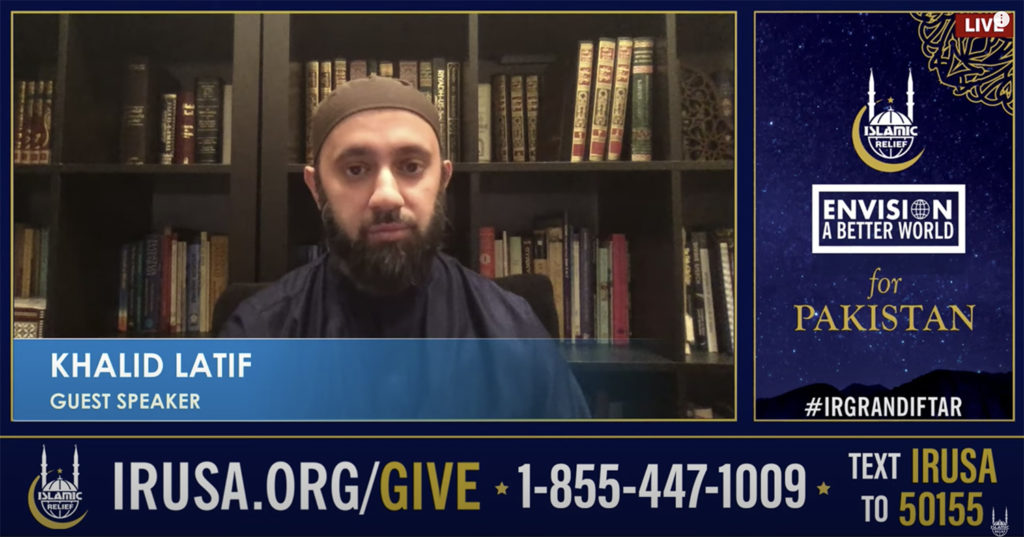
Khaled Latif, executive director and chaplain at the Islamic Center of New York said people must think about those who are most at risk for contracting the coronavirus. He mentioned the sacrifices of medical professionals.
“Doctors put themselves in the frontlines, willing to give in the utmost example of selflessness, so that somebody else could be saved,” he said. “They put themselves at risk.
He added millions have lost their jobs, and countless others lack the luxury of working from home.
“There are so many right now who simply can’t choose to stay home because if they did, they would not be able to feed their children, let alone themselves,” he added.
Some people who contracted Covid-19 have refused intubations because they fear the health care costs they would incur, deeming that their own lives weren’t worth the costs, he said.
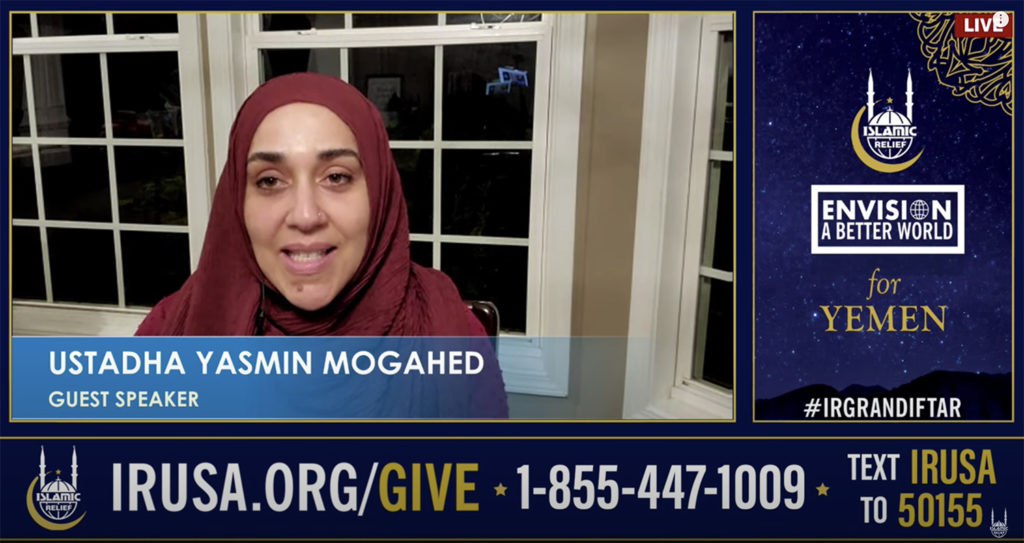
Scholar and author Ustadha Yasmin Mogahed said during the broadcast that how people treat in-need populations will serve as a foreshadowing of their own future treatment.
“The way we are with the Creator is a reflection of how the Creator will treat us.”
She said one of the best ways to receive God’s is through charity.
“Anytime we help a person in need, Allah will help us when we are in need,” she said. “If we excel in charity, then we really have a good chance of getting a good place in Paradise.”
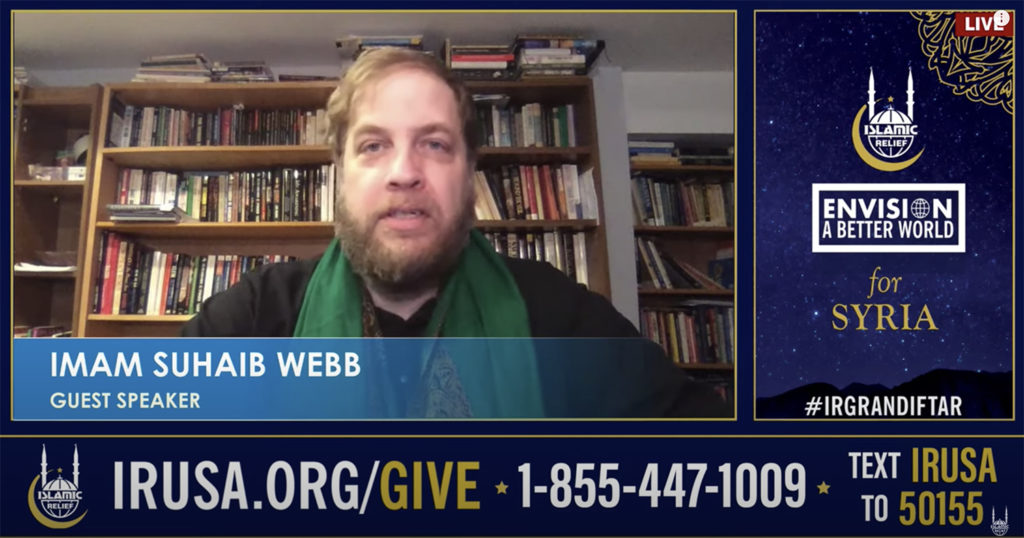
Imam Suhaib Webb said the Covid-19 pandemic is an example of the world population being tested by God. It’s crucial that we gain insight from this experience, he said.
“We are in a constant test, every second of the day now, this quarantine is a test. Every pain, every sadness, every difficulty that we experience, if we are patient, inshallah, this will be a reward for us.”

Renowned Scholar and Pillar of the American Muslim Community, Imam Siraj Wahhaj reminded every attendee in closing, that in “these times the best of humanity find a way to serve their brothers and sisters.”
